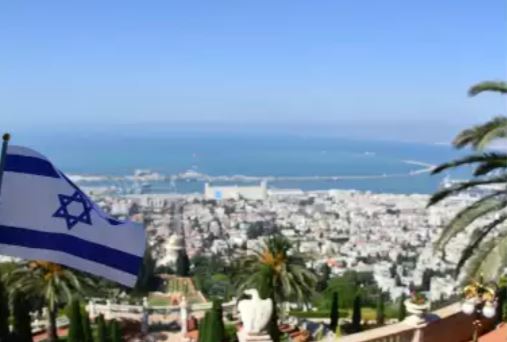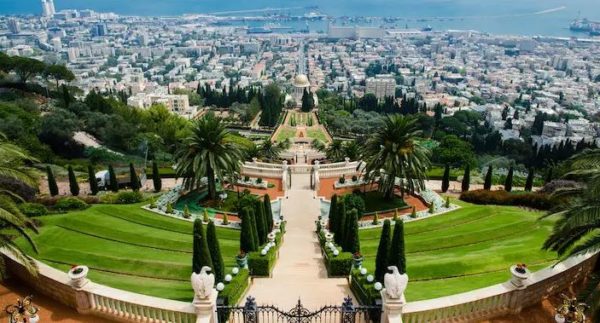Lifestyle
6 books that explain the Israel-Palestine conflict
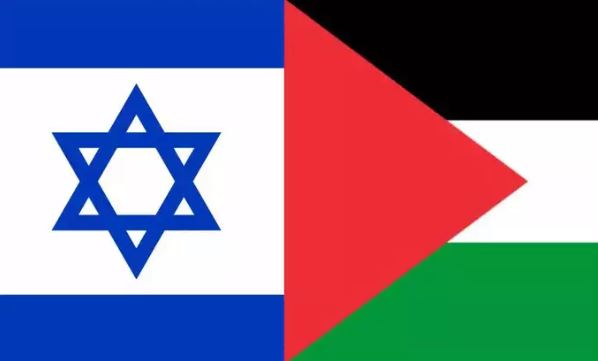
The world has been mourning the loss of lives and the huge destruction happening since October 7, when Hamas launched a coordinated offensive on Israel.
A mighty military power, Israel did not sit back either and there began a war that has now made the headlines all over the world.
While the sides and governments are divided, there are some people, unaware of the past, trying to explore where the conflict began and what the common citizens on both sides feel about the contentions.
Here we list six books that provide information and insights about the conflict and the emotional toll it has caused on people.
1. ‘Six Days of War: June 1967 and the Making of the Modern Middle East’ by Michael B. Oren
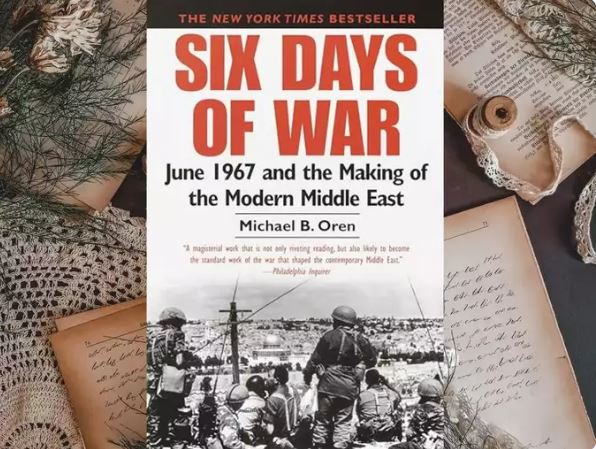
The 1967 Arab-Israeli war, though only spanning six days in June, had far-reaching and enduring consequences, shaping subsequent crises like the Yom Kippur War. Michael B. Oren’s acclaimed book, ‘Six Days of War,’ stands as a comprehensive account of this pivotal event. Oren’s narrative prowess and historical research converge to vividly depict the rapid military actions and global political shocks that followed. Prominent leaders rose and fell, borders were redrawn and strategies met swift triumph or tragic defeat. The balance of power shifted not only in the Middle East but worldwide. Oren’s work remains a vital resource for understanding the conflict and everything that ensued ahead.
2. ‘My Promised Land: The Triumph and Tragedy of Israel’ by Ari Shavit
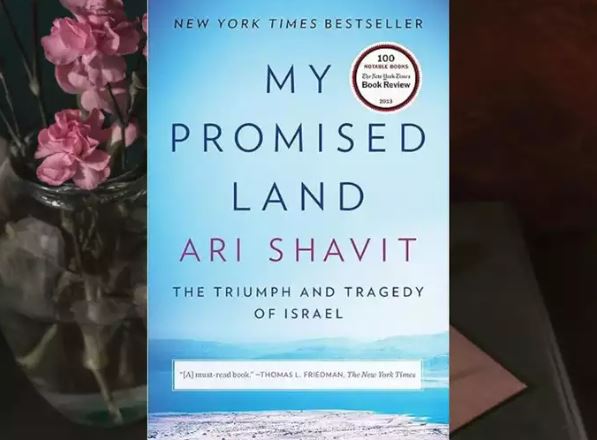
Ari Shavit’s “My Promised Land” offers an in-depth perspective on Israel’s complex history and current challenges. It uncovers untold stories, highlighting the lives of ordinary citizens and prominent figures who have shaped the nation’s journey. The book not only explores Israel’s origins but delves into its pressing existential questions and contemporary threats. Shavit draws a parallel between the past and the present, creating a compelling narrative of a small yet influential nation at a critical juncture. The book stands as a portrait of Israel’s role in the global political landscape.
3. ‘In Search of Fatima: A Palestinian Story’ by Ghada Karmi
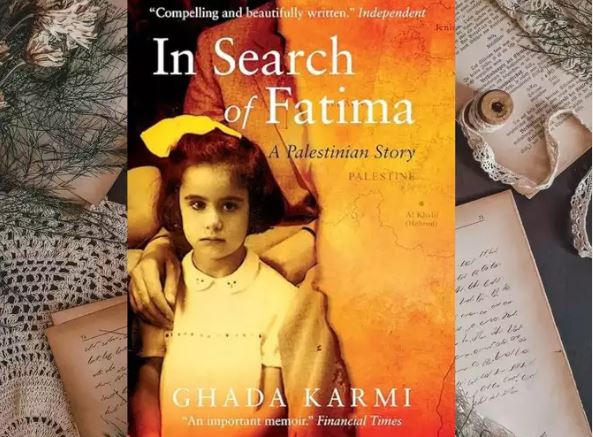
Ghada Karmi’s memoir recounts her childhood in Palestine, her move to Britain after a major upheaval, and her formative years in North London’s Golders Green, a Jewish suburb. ‘In Search of Fatima’ is a deeply personal narrative, blending Karmi’s experiences of displacement and loss with the backdrop of significant Middle Eastern political events. The book speaks for the many displaced individuals who struggle to find a sense of belonging, delving into the nuanced challenges of psychological displacement and identity loss.
4. ‘To the End of the Land’ by David Grossman and Jessica Cohen
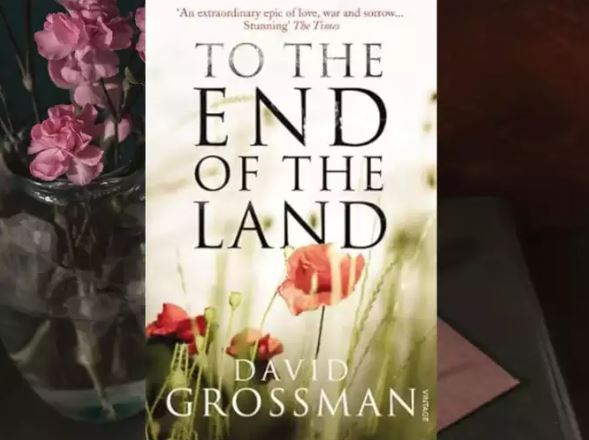
In his poignant work, David Grossman elaborates on the complex interplay of family dynamics and the lingering effects of war. The story of Ora, a mother eagerly anticipating her son Ofer’s return from military service, faces the shock of his sudden reassignment to the front lines. Overwhelmed by grief, she embarks on a journey in the Galilee, intentionally disconnecting from notifications. Her companion is Avram, a former lover and friend of her husband, who had been separated from them by a fateful decision. Their journey weaves together the harsh realities of war and the challenges of parenthood, offering a heartfelt portrayal of enduring familial love amidst conflict. Grossman’s novel serves as a compelling anti-war narrative.
5. ‘On Palestine’ by Noam Chomsky and Ilan Pappé
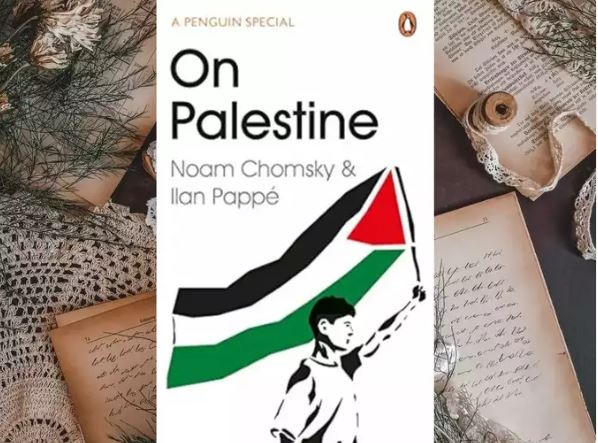
As a continuation to a previous release, ‘Gaza in Crisis,’ Ilan Pappe and Noam Chomsky embark on a thorough exploration of the proposed solutions to the Israel-Palestine conflict. Their examination delves into multiple facets, with a particular focus on key alternatives. They dissect the feasibility and implications of solutions that seek to address the ongoing conflict. Through a series of commentaries and essays, they offer nuanced perspectives and informed analysis, shedding light on the complexities of these solutions and their potential impact on the region’s future. The book is also a discussion on how the international community can come together to stop the humanitarian crisis.
6. ‘Sacred Landscape’ by Meron Benvenisti
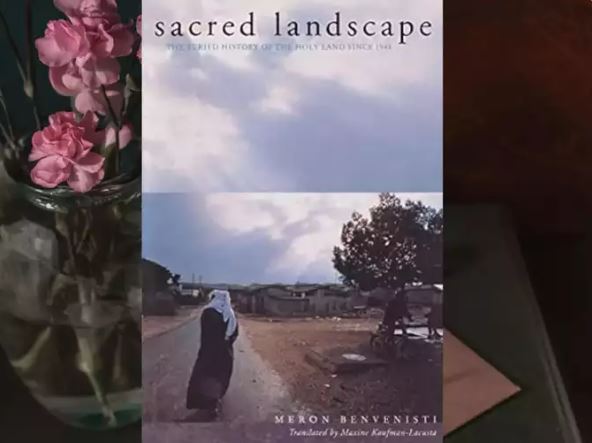
Meron Benvenisti’s book traces the transformation of the Holy Land from an Arab to an Israeli state. It’s based on his early experiences traveling with his geographer father, who mapped the region with Hebrew names. Benvenisti explores how war, destruction, and displacement changed the landscape, raising complex moral and political questions. Despite the challenges that ensue, he holds onto the hope of a shared homeland, acknowledging the enduring importance of the Palestinian landscape to both Israelis and Palestinians.


